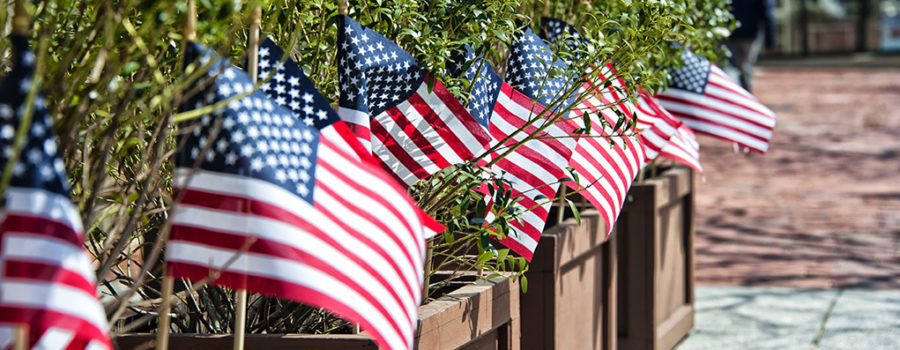In the aftermath of last week’s Boston Marathon bombings, there has been a lot of well-deserved praise for the city, the police, the medical community, and the first responders. Already, the city of Boston has returned to business-as-usual; its residents have become even stronger and more resolute. As for the victims and their families, still grieving and suffering from life-long injuries, how will they recover? Although it will take varying amounts of time, I believe that most human beings possess remarkable resilience despite suffering tremendous loss.
Watching the entire ordeal unfold on TV and the social media, we know that, at any point, we could just as easily be a victim of a random act of violence, a sudden accident, or an unexpected medical diagnosis. So how do we best come to terms with the inevitable losses in our lives—a death of a loved one, a job, our health—and learn to become more resilient? While each person handles loss in his/her own way, here are some suggestions to help the healing process:
- Seek the emotional comfort and support of friends and family. Some people may initially withdraw from others to mourn or grieve in private. At the same time, friends and family members may want to help but may not know how or what to say. People have different ways of showing support—some bring food, some offer information, and others just sit and listen. Let others know what you need, and don’t be afraid to reach out to those that can help.
- Appreciate and treasure what you still have. Loss allows us to find value in those aspects of life that still exist. Experiencing a loss forces us to reorder our priorities—“I’m glad just to be alive,” “Now I need to take better care of my health,” or “I’m now going to pursue that career I’ve always wanted.” After a loss, somehow the pettiness and trivial annoyances of others lose their importance. With time, we can gain greater perspective and begin to express our gratitude for the people and things that matter most.
- Do not seek revenge. Anger, hatred and vengeance won’t change what happened. In the case of the Boston bombings, can we be content to let the justice system do its work? We mustn’t paint those of the same ethnic or racial group with the same brush; e.g., all Muslims are not terrorists. Being angry that life is so unfair and projecting that anger onto others does not make you stronger; it only leads to more suffering and hardship.
- Find optimism through a sense of spirituality. While many people gain solace from their religious practices, not everyone seeks answers in a church, synagogue, or other place of worship. Yet, there’s a distinction between religion and spirituality. Reflecting on the power (and often inexplicable workings) of the universe can help provide some perspective on events that occur outside of our control.
- Learn from the experience. Often I speak to people that have lost jobs, survived cancer, or provided care to a dying family member, and they tell me that the experience was like a ‘gift.’ It helped them slow down, appreciate life more fully, and recognize the value of community. As a result, many have decided to commit their life’s work to something more meaningful—to help others and make a difference in the world.
My learning is that we can recover from a loss more quickly if we are healthy and connected to others to start with. We mustn’t wait for something tragic to happen. If you haven’t expressed gratitude to others enough, do it now. If you haven’t spent enough quality time with family and friends, start building on those relationships now. If you haven’t begun to develop a sense of spirituality, perhaps start by reading about the subject. Life is fragile. Let’s start to heal ourselves now, and thereby become a healing presence for others.





Leave a Reply
Your email is safe with us.